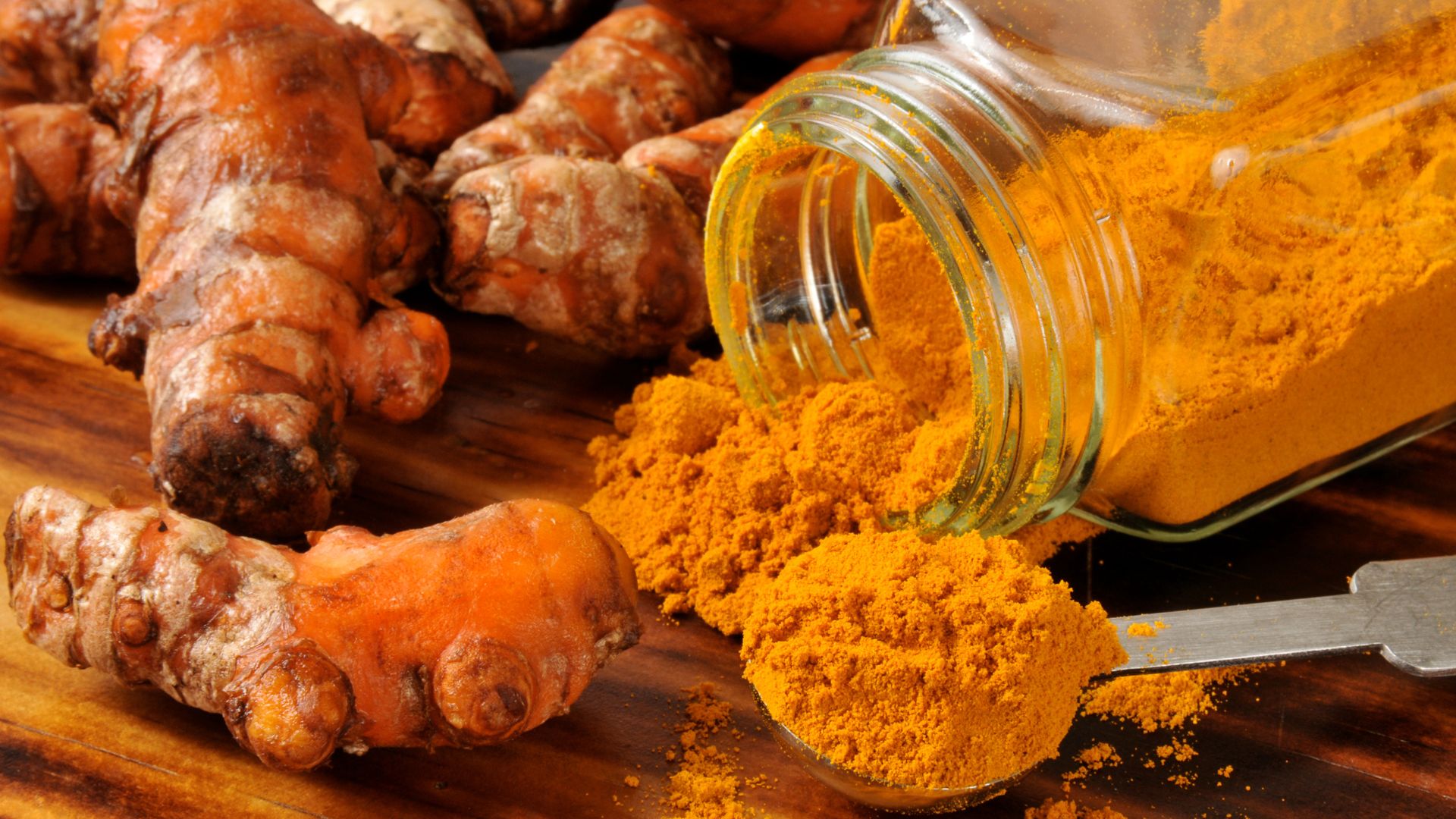
Turmeric has been used for centuries in Ayurveda and traditional medicine. Beyond adding golden color to curries, it is packed with compounds that work as natural anti-inflammatories, antioxidants, and immune boosters. It’s no wonder that turmeric has been called “the golden healer.”
Table of Contents
The Science Behind Curcumin
The active compound in turmeric, curcumin, is responsible for its healing power. Scientific studies show that curcumin:
-
Reduces inflammation at the cellular level
-
Neutralizes free radicals, protecting cells from damage
-
Promotes healthy brain function and memory
However, curcumin has low bioavailability—meaning the body doesn’t absorb it easily. Pairing turmeric with black pepper (which contains piperine) can increase absorption by up to 2000%.
Hidden Benefits Doctors Rarely Mention
While turmeric’s anti-inflammatory benefits are widely known, here are some lesser-known healing powers:
-
Gut Health: Helps reduce bloating and supports digestion.
-
Skin Healing: Can soothe acne, scars, and minor wounds when applied topically.
-
Heart Support: May improve blood vessel function and lower bad cholesterol.
-
Mood Enhancement: Some studies suggest curcumin supports mental wellbeing and reduces symptoms of mild depression.
Turmeric vs. Conventional Medicine
Doctors often recommend painkillers or anti-inflammatory drugs for arthritis, chronic pain, or gut issues. While effective, these drugs can carry side effects. Turmeric offers a natural alternative, helping reduce reliance on pharmaceuticals for mild to moderate symptoms.
Of course, turmeric should complement, not replace, prescribed treatments—but when integrated properly, it can reduce dosage needs and support long-term health.
How to Use Turmeric for Healing
-
Golden Milk (Haldi Doodh): A bedtime drink with turmeric, milk, and black pepper.
-
Turmeric Tea: Boil turmeric with ginger and honey for a soothing tonic.
-
Capsules/Supplements: Standardized extracts provide consistent curcumin doses.
-
Topical Pastes: Mix turmeric with honey or aloe vera to apply on wounds or acne.
-
Cooking: Add turmeric to soups, curries, rice, and smoothies daily.
Recommended daily intake: 500–1000 mg of curcumin (supplement form) or 1–2 teaspoons of turmeric powder in food.
Precautions and Side Effects
Turmeric is generally safe but may not suit everyone:
-
High doses can cause stomach upset.
-
It may interact with blood thinners, diabetes medications, or gallbladder conditions.
-
Pregnant and breastfeeding women should consult a doctor before taking supplements.
Always start with small amounts and consult a healthcare professional before using turmeric therapeutically.
Turmeric is more than a kitchen spice—it’s a natural healing powerhouse. From easing inflammation and supporting gut health to improving skin and mood, its benefits go far beyond what most doctors discuss.
👉 Add turmeric to your daily routine, pair it with black pepper for maximum absorption, and you may unlock health benefits your doctor never told you about.


